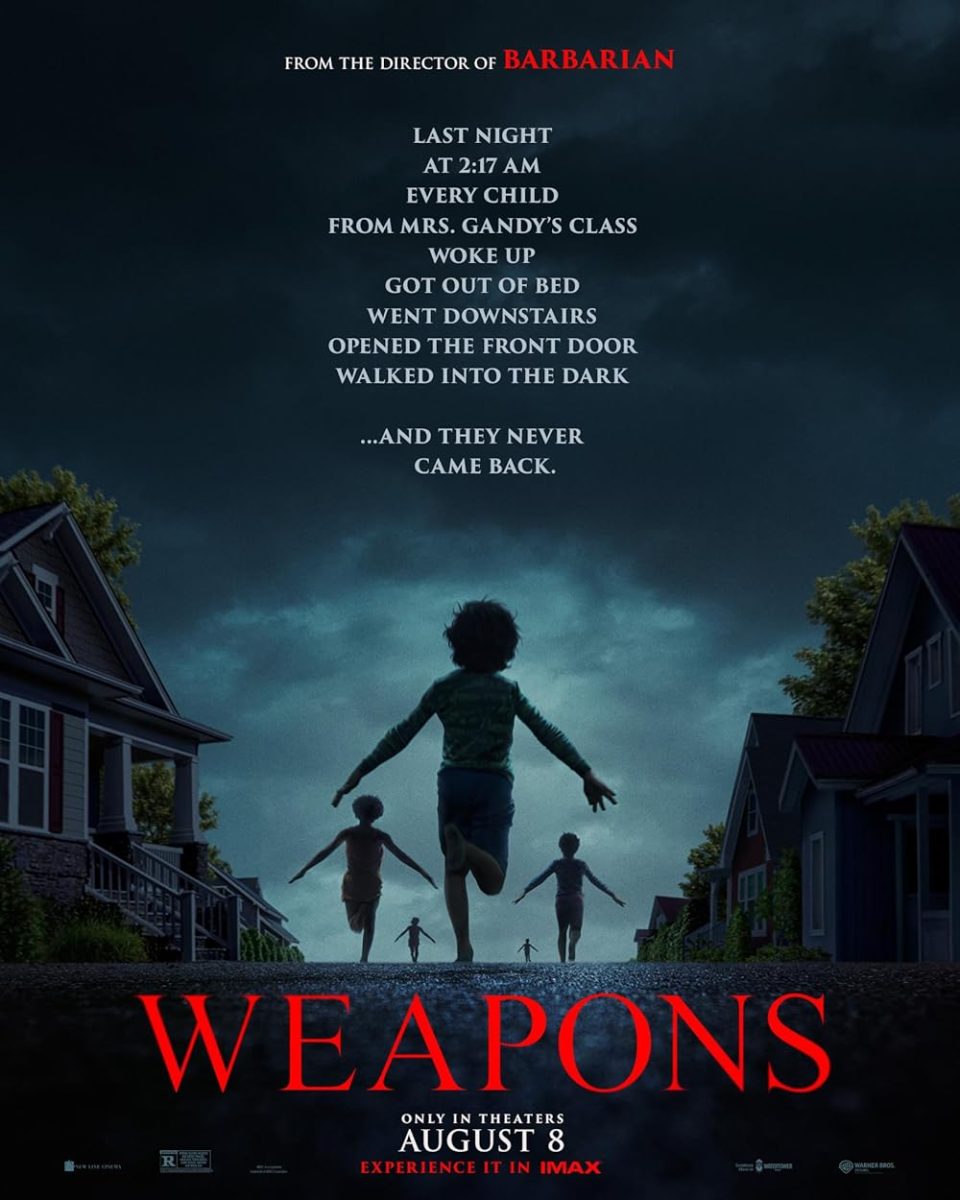I will be the first to admit that I am an absolute reality TV junkie. As a result, I will be the first to condemn anyone who relegates reality TV to mindless and cheap entertainment. While reality TV sits somewhere between curated documentaries and manufactured drama, it also reflects the contemporary cultural landscape. We can learn a lot from reality TV.
My new favorite obsession, Selling Sunset, focuses on female real estate agents navigating the LA real estate market. They operate under the Oppenheim Group, a boutique luxury real estate firm run by twins Jason and Brett Oppenheim. Why these two chose to broadcast their highly dysfunctional workplace across America, I will never understand. The show highlights the shallowness of LA transplant culture (people not from LA moving into the city and changing its culture) and its associated gentrification, as well as the continuing challenges women face in the workplace. Putting the petty drama and outlandish outfits aside, Selling Sunset provides a lot of useful social commentary.
The real estate agents have all come from a wide variety of backgrounds, yet they are unified in the rags-to-riches American Dream. Many are LA transplants who have moved to the city to live an idealized Hollywood lifestyle (God forbid you live in the Valley). As a result, the agents constantly teeter between appropriating native LA culture (which is primarily influenced by Chicano and Black communities) and exploiting those very same communities. The predominately white cast constantly employs terms such as ‘chasing the bag’ and ‘spilling the tea’, which are directly appropriated from African American Vernacular English.
Former cast member Heather Rae El-Moussa and her HGTV fixer-upper Tarek El-Moussa have been heavily criticized for their role in the gentrification of LA An LA Times article recounted how the El-Moussas’ attempted to evict tenants from their homes to build a luxury apartment complex in North Hollywood. Emma Hernan made her fortune and paid for her private jet flights by selling vegan empanadas (she is white from Boston). Most blatantly, the Oppenheim Group opened a Cabo San Lucas office where they sell homes for up to $18 million. Meanwhile, Jason screams about the implementation of the “Mansion Tax,” which is going to hurt his plans of expanding his office into a mini-casino. These women and men prance about in their logos and highlighter-green designer outfits and profess to the world that they have “made it.” Have they ever stopped to consider at whose expense their “success” is built upon?
Yet, these women view their individual wealth as the epitome of social currency. Many of the women are single mothers and are understandably dedicated to being financially independent. However, they are steadfast in maintaining this façade of extreme wealth by exclusively wearing designer clothes and driving luxury cars. At the same time, the real estate MLA does not show that their sales support these lavish lifestyles.
Despite these claims of independence, these women still fully operate within the patriarchal system. One of the newer agents, Bre Tiesi, knowingly had a child with Nick Cannon and insisted that Cannon didn’t have to pay child support after 10 children (spoiler alert: he legally does), which became a major plot line of seasons 6 and 7. Most egregiously, she runs multiple social media accounts of said child, who happens to be only 2 years old. She loudly claims to hate pink, be a take-no-prisoners, cold person and does not claim to be a girls’ girl. If you have to keep saying it, is it really true? Her clear performance of self is contradictory to her pronouncements of authenticity. And while she is one of the few LA natives on the cast, she has faced accusations of Blackfishing, where white individuals appropriate predominantly Black styles or even excessively tan to appear racially ambiguous.
Unfortunately, sexual harassment is the main undercurrent of the show. In the first episode, a client looking for a house makes sexually charged and wildly sexist comments to former agent Maya Vander and demands to “talk business” over drinks. He wastes her time and even threatens to work with other agents when she does not comply with his advances.
The head broker, Jason, is especially complicit in promoting predatory behavior. He has dated several of his employees in a bizarre office-polygamy situation. His relationship with agent and former soap actress Chrishell Stause was broadcast on Netflix for the world to see. His womanizing ways are especially hilarious considering he is 5’6” and completely bald.
Nonetheless, the normalization of sexually explicit comments by the bosses is extremely concerning. They also happen to be wholly incompetent at addressing any workplace conflicts despite it being their job as managers. For example, Jason flew off to Europe with his 25-year-old girlfriend and developed a weird obsession with Aperol Spritzes, relegating Mary Fitzgerald (his former girlfriend and fellow dog owner) to pick up the pieces while she is mid-IVF treatment. She stops her treatment just to focus on this new role. So much for work-life balance.
While the ‘drama’ of Selling Sunset is mediocre at best (and clearly highly manufactured), what is truly interesting about the show is the fascinating setting. Between the luxurious homes of John Lautner and Harry Gesner lies very interesting and pertinent social commentary about one’s climb to status, similar to shows like The Real Housewives. Selling Sunset is a cautionary tale of the corrupting power of money, fame and bad bosses. So please, for my sanity, put down the chair purses and get some hobbies outside of work and materialism.
3/5








